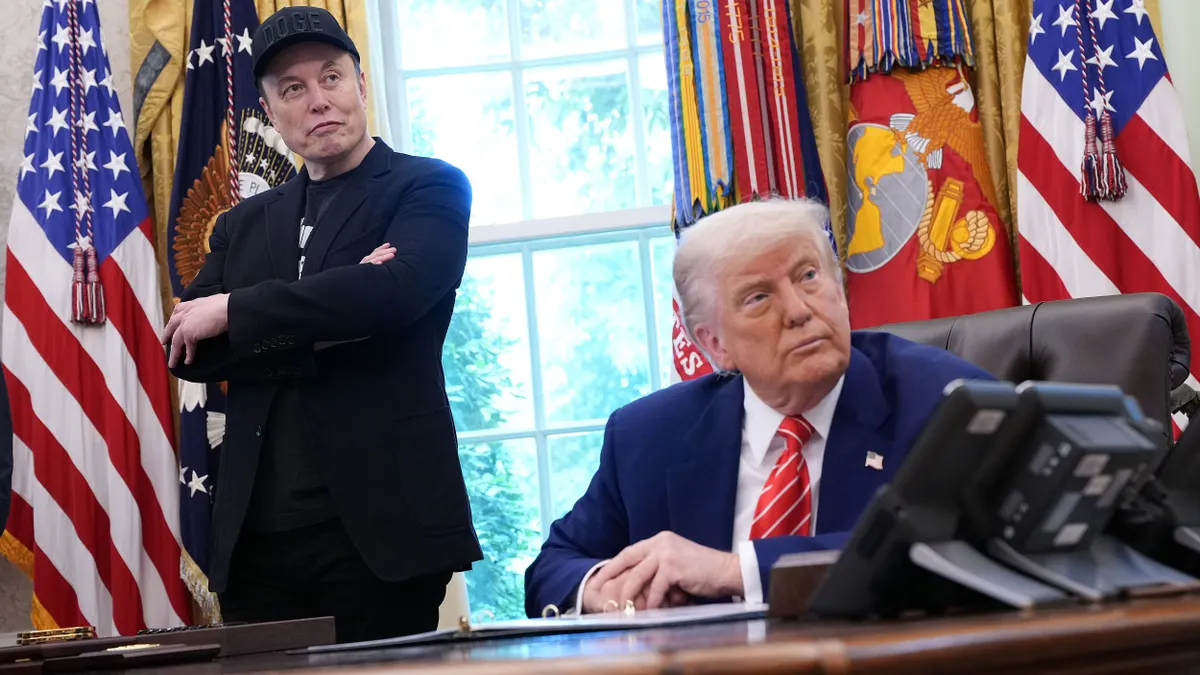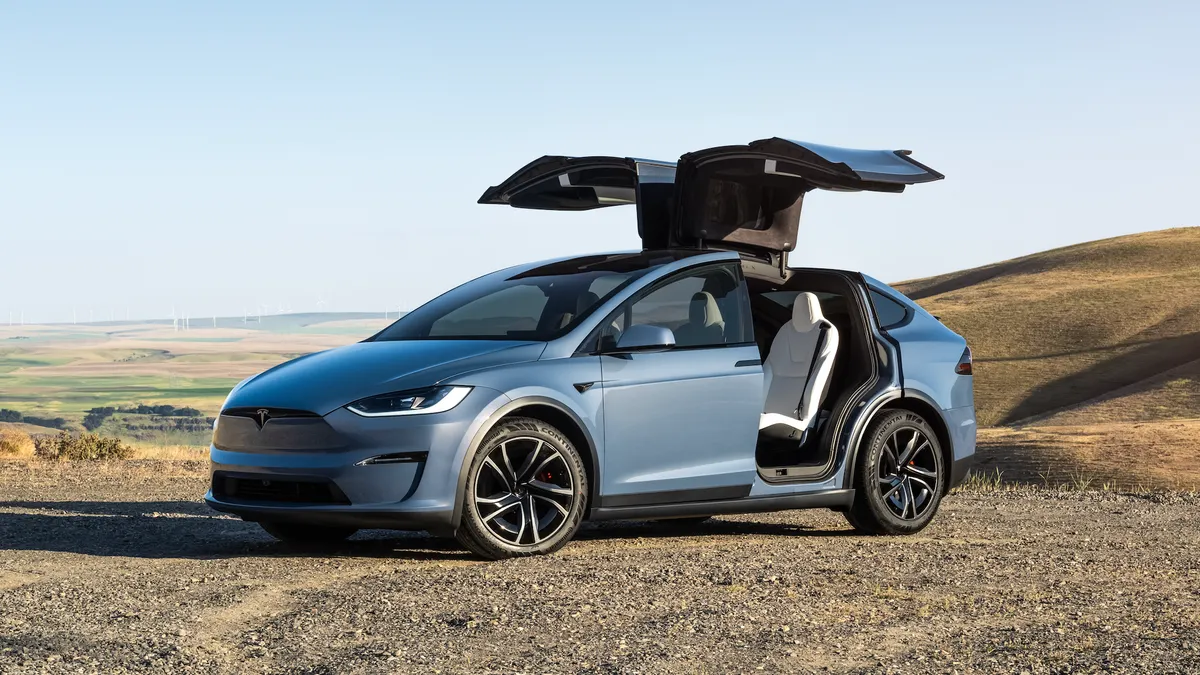Editor's note: This story is part of the WardsAuto digital archive, which may include content that was first published in print, or in different web layouts.
TAIPEI, Taiwan – This small island nation aspires to be a global center of excellence for the development of electric vehicles, but sizable hurdles stand in its way:
- The domestic market for electric vehicles is virtually nonexistent, and government initiatives to set up a charging infrastructure are slow to get off the ground.
- Public transportation here is excellent, so the need for personal cars is less acute than outside the big cities. People in the market for personal transportation often opt for gasoline-powered scooters.
- International trade barriers are making it more difficult for Taiwanese companies to compete.
So without a viable domestic industry for EVs and without homegrown automakers that compete on a world stage, how can a nation barely larger than Rhode Island become a world leader in a sector that is struggling to gain a foothold in other mature vehicle markets, such as the U.S.?
The strategy has Taiwan trying to do what it’s done for decades: Cost-effectively export its products to other parts of the world.
For instance, Taiwanese companies manufacture 70% of the world’s electric-vehicle charging stations, a market that continues to grow (although slowly here at home), says Chia-Lung Huang, project manager-Vehicle Structure & System Section at Taiwan’s Metal Industries Research & Development Centre.
He estimates Taiwan has 150 companies dedicated to the EV sector manufacturing components such as electric motors, batteries and controls.
Tesla gets its electric motors from Fukuta, which is based in Taichung City, and BMW purchases many of its EV components from Taiwanese companies.
Many of those companies are exhibiting at EV Taiwan, one of four automotive trade shows being held here to raise the visibility of domestic companies. Some 60,000 domestic and international buyers are expected to attend the four shows combined.
The EV event is important and symbolic for Taiwan because neighboring countries with much larger automotive industries, such as China, Japan and South Korea, also stage similar conferences, says Wei-Shan Lin, project manager for TAITRA, the Taiwan External Trade Development Council, which is hosting the event.
“We think electric vehicles are a goal every country is moving to,” she says. “So we have this show as a platform for EV (component) manufacturers to present their latest products.”
EV Taiwan was first held here in 2011, when 68 exhibitors occupied space on the show floor. This year, 92 companies are exhibiting, and TAITRA expects continued growth for years to come.
Taiwan’s automobile parts industry exported NT$198 billion ($6.6 billion) worth of goods in 2013, up from NT$168 billion ($5.6 billion) the previous year, says TAITRA Vice Chairman San Gee during the show’s opening ceremony.
San says the Taiwanese government is investing NT$9.6 billion ($320 million) “in the promotion of development strategies and action plans for smart electric vehicles with the goal of elevating the Taiwanese EV industry to a state of greater maturity” by 2016.
Part of that investment is dedicated to an infrastructure for charging EVs, and the government also has been piloting electric vehicles for many years. Some company officials at the show express frustration that the programs have not extended beyond the pilot stage.
San sees a huge opportunity for Taiwanese companies working on components for electric buses. He says China needs 15 public buses for every 10,000 people living in urban areas and nine buses for every 10,000 people in rural regions. “This represents a market size of 1.6 million buses,” San says.
The buses are replaced every eight years, and half of the public buses will be replaced by electric vehicles by 2020, representing a total of 80,000 new vehicles. “Taiwanese companies can play a major role in the promotion of the EV industry across several provinces in China,” San says.
Beyond buses, San says Taiwan “is equipped with strong electrical and electronics technology and holds an important position in the world’s overall production supply chain for electric vehicles.”
By 2015, San estimates the total output value of EV components produced in Taiwan, including some 60,000 complete vehicles, will reach NT$120 billion ($3.9 billion) by 2015.
Taiwan’s ability to compete in the EV market relies heavily on the government’s ability to broker free-trade agreements with other nations. Taiwan entered the World Trade Organization in 2002.
Its first FTA was signed with Central American partners such as Panama and Honduras, but it applies to less than 1% of Taiwan’s total trade, says Cynthia Kiang, deputy director-general Bureau of Foreign Trade, Ministry of Economic Affairs. She spoke with journalists after the show’s opening ceremonies.
Meanwhile, Taiwan sees South Korea aggressively negotiating bilateral FTAs. “We have noticed Korea has already signed nine FTAs that are effective,” Kiang says. “The nine FTAs include more than 47 countries. Those FTAs do not include the one that Korea just signed with Canada” or a pending agreement with Australia.
She says Taiwanese companies will be at a competitive disadvantage because 36% of South Korean exports “can enjoy either zero tariffs or better tariffs because of the FTAs.”
Hoping for similar arrangements, Taiwan has been “approaching lots of trading partners for signing FTAs,” she says. Taiwan inked an economic cooperation framework agreement with China that eliminates tariffs on 539 items exported to mainland China.
“But as compared to all items we export, this accounts for only a very limited percentage of our total export to China,” she says. A similar agreement with New Zealand took effect in February and another one, with Singapore, begins later this year.
China, including Hong Kong, is Taiwan’s No.1 trading partner, accounting for 39% of total exports, Kiang says. Factor out Hong Kong, and about 27% of Taiwanese trade is with China.
Complicating the situation is Taiwan’s reluctance to implement the Cross-Strait Trade in Services Agreement with China, which was signed last June.
“Some people have concern about us signing with China, so this has not been able to pass any legislative procedure,” says Kiang, whose office is lobbying for passage of the agreement.
Taiwanese officials say many countries have suspended trade negotiations with Taiwan until it has established agreements with mainland China.



















